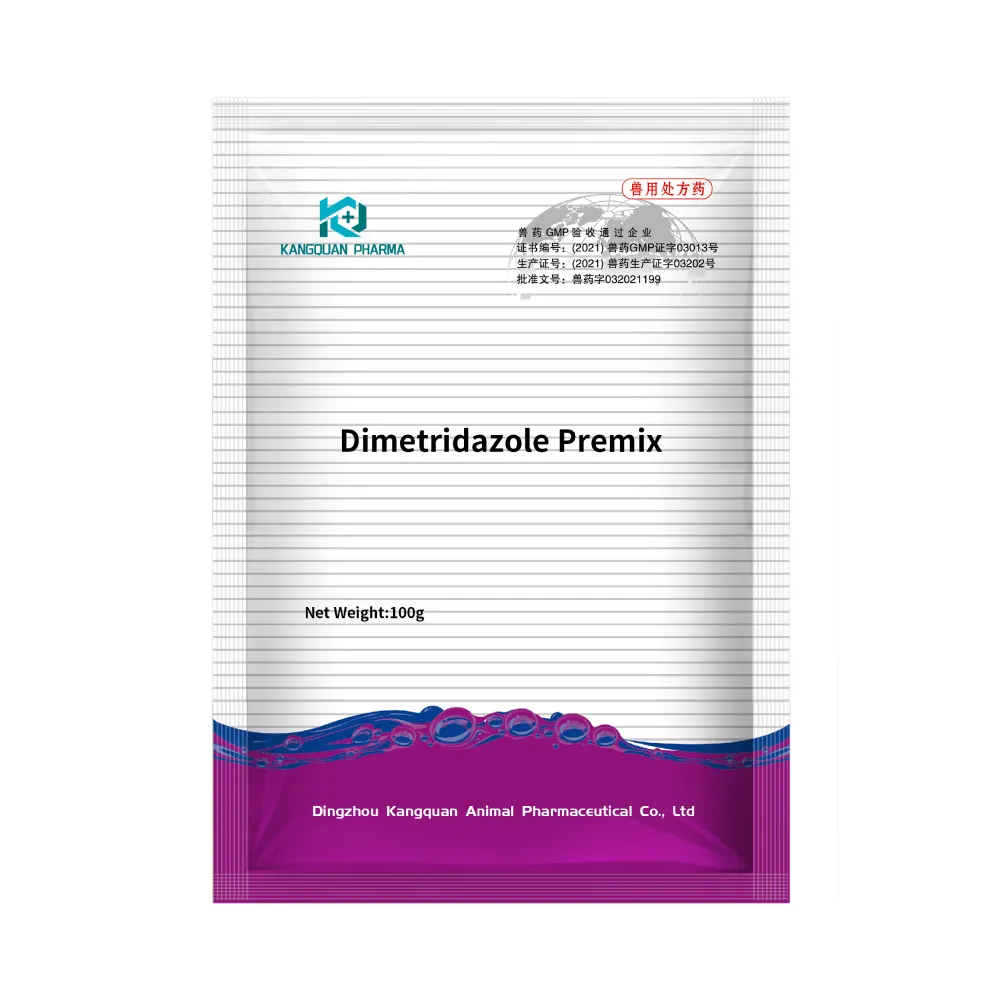- Afrikaans
- Albanian
- Amharic
- Arabic
- Armenian
- Azerbaijani
- Basque
- Belarusian
- Bengali
- Bosnian
- Bulgarian
- Catalan
- Cebuano
- Corsican
- Croatian
- Czech
- Danish
- Dutch
- English
- Esperanto
- Estonian
- Finnish
- French
- Frisian
- Galician
- Georgian
- German
- Greek
- Gujarati
- Haitian Creole
- hausa
- hawaiian
- Hebrew
- Hindi
- Miao
- Hungarian
- Icelandic
- igbo
- Indonesian
- irish
- Italian
- Japanese
- Javanese
- Kannada
- kazakh
- Khmer
- Rwandese
- Korean
- Kurdish
- Kyrgyz
- Lao
- Latin
- Latvian
- Lithuanian
- Luxembourgish
- Macedonian
- Malgashi
- Malay
- Malayalam
- Maltese
- Maori
- Marathi
- Mongolian
- Myanmar
- Nepali
- Norwegian
- Norwegian
- Occitan
- Pashto
- Persian
- Polish
- Portuguese
- Punjabi
- Romanian
- Russian
- Samoan
- Scottish Gaelic
- Serbian
- Sesotho
- Shona
- Sindhi
- Sinhala
- Slovak
- Slovenian
- Somali
- Spanish
- Sundanese
- Swahili
- Swedish
- Tagalog
- Tajik
- Tamil
- Tatar
- Telugu
- Thai
- Turkish
- Turkmen
- Ukrainian
- Urdu
- Uighur
- Uzbek
- Vietnamese
- Welsh
- Bantu
- Yiddish
- Yoruba
- Zulu
Abe . 13, 2024 18:24 Back to list
Exploring the Benefits of Animal Feed Enhancements for Healthier Livestock Production
The Role of Animal Feed Additives in Modern Agriculture
In recent years, the agricultural sector has seen a significant transformation, primarily driven by the need to increase productivity, improve animal health, and meet the growing global demand for animal protein. One of the critical components of this transformation is the use of animal feed additives. These substances, which are incorporated into animal diets, serve various purposes, including improving feed efficiency, promoting growth, and enhancing the overall health of livestock.
Definition and Types of Feed Additives
Animal feed additives are non-nutritive substances added to feed to achieve specific benefits. They can be classified into several categories, including nutritional additives, zootechnical additives, sensory additives, and pharmacological additives.
1. Nutritional Additives These include vitamins, minerals, and amino acids that are essential for maintaining the overall health and productivity of animals. 2. Zootechnical Additives These substances are utilized to improve the performance of livestock. Examples include probiotics, which enhance gut health, and enzymes that aid in digestion, leading to better nutrient absorption. 3. Sensory Additives These include flavoring agents and colorants that enhance the palatability and appearance of feed, ensuring that animals consume adequate amounts. 4. Pharmacological Additives Some feed additives have pharmaceutical properties that help in disease prevention and treatment. Antibiotics and anti-parasitic agents fall into this category.
Benefits of Feed Additives
The incorporation of feed additives into animal diets offers numerous advantages
1. Improved Feed Efficiency Feed additives can enhance the digestibility of nutrients, enabling animals to convert feed into body mass more effectively. This translates to reduced feed costs and better economic returns for farmers.
animal feed additives

2. Enhanced Growth Rates Certain additives, particularly growth-promoting substances, can significantly accelerate the growth rates of livestock. This is crucial in meeting the rising demand for meat and dairy products.
3. Health and Welfare Probiotics and prebiotics in animal feed help maintain a healthy gut microbiome, leading to improved overall health and reduced disease incidence. Healthier animals contribute to enhanced productivity and reduced reliance on pharmaceuticals.
4. Sustainability The use of additives can contribute to more sustainable farming practices by increasing the efficiency of feed use, thereby reducing the environmental footprint associated with animal agriculture. Improved feed efficiency also means fewer resources are required for feed production.
Challenges and Considerations
Despite the benefits, the use of animal feed additives is not without challenges. There are concerns regarding the potential for antibiotic resistance associated with the use of certain pharmacological additives, which has led to stricter regulations in some regions. Moreover, the market is saturated with various products, making it essential for farmers to choose high-quality additives that are scientifically proven to be effective.
The safety and efficacy of feed additives must also be thoroughly evaluated. Regulatory agencies, such as the FDA and EFSA, play a vital role in ensuring that these substances are safe for both animals and consumers. Animal welfare considerations should always guide the use of additives to ensure that they contribute positively to the health and well-being of animals.
Conclusion
In conclusion, animal feed additives play a pivotal role in modern agriculture by optimizing livestock production, enhancing animal health, and promoting sustainable practices. As the industry continues to evolve, ongoing research and innovation will be essential to address the challenges associated with feed additives. By striking a balance between productivity and animal welfare, the agricultural sector can meet the growing global demand for animal protein while ensuring sustainable development. The future of animal agriculture will undoubtedly be influenced by the strategic use of feed additives, making them a crucial element in the journey towards a more efficient and sustainable food system.
-
Guide to Oxytetracycline Injection
NewsMar.27,2025
-
Guide to Colistin Sulphate
NewsMar.27,2025
-
Gentamicin Sulfate: Uses, Price, And Key Information
NewsMar.27,2025
-
Enrofloxacin Injection: Uses, Price, And Supplier Information
NewsMar.27,2025
-
Dexamethasone Sodium Phosphate Injection: Uses, Price, And Key Information
NewsMar.27,2025
-
Albendazole Tablet: Uses, Dosage, Cost, And Key Information
NewsMar.27,2025













